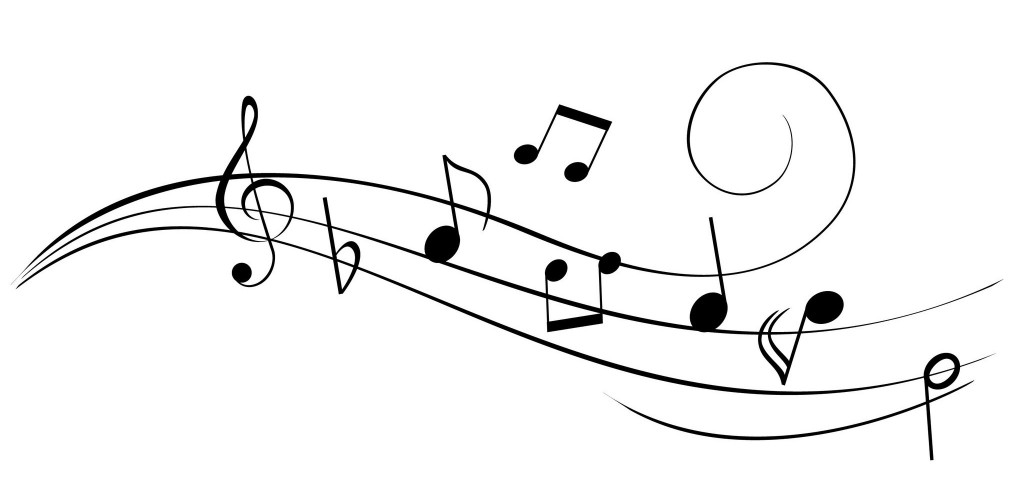When American Pharoah won the Triple Crown, a lot of us reached for our dictionaries as well as our superlatives. Yes, yes, we know, we know: his name is spelt wrong (or wrongly?). But that’s another story, and not the only interest Glossophilia has in horse-racing. There’s something else that fascinates us about the races, and that’s what the spectators wear on their heads: the fascinator. Continue reading
Category Archives: Words, phrases & expressions
Joss sticks
Remember when we used to call them joss sticks? What happened to those British hippy sticks of ’60s/’70s yore? They’re just incense now.
According to the Online Etymology Dictionary, the word joss means “Chinese figure of a deity”, taken in 1711 from Chinese Pidgin English, from the Javanese dejos, taken in the 16th century from the Portuguese deus, “god”, from the Latin deus. Colloquially, it came to mean “luck”. Joss stick, meaning “Chinese incense”, was first recorded in 1883.
“The Joss doesn’t get so many sticks burnt under his nose as he used to; that’s a sign of ill-luck, as sure as Death.” — from Plain Tales from the Hills by Rudyard Kipling
~~~~~~~~~~~~
Meta is so meta
“A Film Critic Gets Meta (As Does Ours) In ‘The Film Critic (El Crítico),” ran the headline for a recent piece by NPR’s film critic Bob Mondello.
And he’s not talking about movie reviewers drinking Ethiopian beer on the job; this is all about an X about X … (i.e. a film critic writing about a film critic). As Mondello goes on to say: “A film critic doesn’t often have to review movies about film critics — probably a good thing — but sometimes, as with Hernán Guerschuny’s postmodern rom-com The Film Critic (El crítico), there’s nothing to be done.” Continue reading
Pardon? Say what?
Proof that Don Draper was a social climber…
“What?” … “Huh?” … “Excuse me?” … “Can you [please] repeat that?”
Those are some of the ways an American might ask you to repeat something when they didn’t hear you. And apart from their varying degrees of politeness, there’s not much to distinguish between them.
But it’s a different story on the other side of the Atlantic. Brits are inclined to judge you by how you say “huh?” — as much as by the clothes you wear, where you went to school or what accent comes out of your mouth.
“Pardon?” Continue reading
Thanks a bunch, and what’s up?
Here are two common colloquialisms that divide Americans from their English-speaking cousins across the pond.
Last week, after news of her older brother’s stroke made headlines , Reba McEntire took to her social media channels to thank her fans and friends for their support: “We really appreciate all your thoughts and prayers. We will keep you all posted. Keep sending your prayers! Thanks a bunch!” Those last three words of gratitude from the American country singer were straightforward in their meaning. Reba was saying “thank you” with the most heartfelt sincerity.
But those words might have landed strangely on British ears, especially in that context. Continue reading
Madding
Far From the Madding Crowd was Thomas Hardy’s fourth novel (written in 1874), but it was his first literary success, and it has been adapted into two notable movies — starring Julie Christie and Carey Mulligan respectively as the farmer heroine Bathsheba Everdene who is being courted by three men in England’s rustic Wessex. But as well as giving us what some people think of as one of the greatest love stories in English literature, Hardy’s novel has left a slightly more esoteric legacy, with its title living on in our language and keeping an otherwise extinct word alive. “Far from the madding crowd” still crops up in colloquial, promotional and sometimes literary prose as a poetic expression that means — when describing a place — “secluded and removed from public notice”, as the Oxford English Dictionary acknowledges with a hat-tip to Hardy’s novel. Continue reading
Last, past or latest?
“The past 12 months have seen the passing of the last WWI combat veteran, one of golf’s greatest players and the man who introduced the iPhone to the world,” wrote the BBC in 2011.
Hmm … Is this all about the Oxford comma? (With its lone comma, that sentence sounds as though Steve Jobs could have been a golf champion and the last surviving veteran of the first world war …) No, that’s for another time and place; this is about past and last — two adjectives that are very similar to look at and are sometimes synonymous, but are often actually lifetimes apart.
Recency and finality are what it’s all about here, and the fact that last can describe either state is what sometimes causes confusion and ambiguity. Continue reading
Refugees with the wrong name: Al Jazeera does the right thing …
An update on the migrant vs. refugee word usage issue: one media outlet is doing the right thing.
Last week, Al Jazeera English announced that it was no longer using the word migrant. As Barry Malone, the online editor of the news outlet, wrote on its blog:
“The umbrella term migrant is no longer fit for purpose when it comes to describing the horror unfolding in the Mediterranean. It has evolved from its dictionary definitions into a tool that dehumanises and distances, a blunt pejorative.
…
“When we in the media do this, when we apply reductive terminology to people, we help to create an environment in which a British foreign minister can refer to “marauding migrants,” and in which hate speech and thinly veiled racism can fester.
“We become the enablers of governments who have political reasons for not calling those drowning in the Mediterranean what the majority of them are: refugees.
…
“For reasons of accuracy, the director of news at Al Jazeera English, Salah Negm, has decided that we will no longer use the word migrant in this context. We will instead, where appropriate, say refugee.”
* * * * *
“Mediterranean migrants: Deadly capsize ‘captain’ in court” — BBC
“The grim job that haunts Italy’s migrant patrols” — CNN
“A Magnet For African Migrants, Italy Seeks A New Approach” – NPR
“What happens to African migrants once they land in Italy during the summer?” — The Independent
“After rescue, a long, agonizing wait for migrants in Italy” — Yahoo News
According to the Oxford English Dictionary, a migrant is “a person who moves from one place to another in order to find work or better living conditions.” A refugee is “a person who has been forced to leave their country in order to escape war, persecution, or natural disaster.”
Are the thousands of desperate people who are fleeing a chaotic and dangerous war-torn Libya and risking their lives to cross perilous waters in overcrowded dinghies to escape their homeland really “migrants”? Are they not “refugees“?
~~~~~~~~~~~~
Cage, and what separates music from mushrooms
In the mid-’50s, shortly after moving to rural Stony Point in New York state, the avant-garde American composer John Cage started to develop his fascination for mushrooms. As his biographer Rob Haskins explained, “He made much of the fact that the dictionary entries for ‘mushroom’ and ‘music’ are so close together.”
And he was right: they’re virtually alphabetically joined at the hip. Separated only by mushy (if you ignore the dodgy mushrump, which is actually a variation on the shroom as we commonly know and name it), mushroom and music make magic together, in many an artful mind …
Demanning our language
The National Association for Equality in the Workplace (NAEW) has announced an ambitious and somewhat controversial initiative — in cooperation with the US English Teachers Coalition — to remove “hot button” gender phonemes from standard American English over the next five years, ensuring that our vocabulary no longer contains gender-suggestive syllables or spellings. The NAEW launched the campaign today, explaining its 62-month goal to “de-gender” our lexicon by July 2020 — allocating five months per letter of the alphabet to phase out gender-suggestive words, with an extra couple of months built in to address the large percentage of male-dominant “m” words. Continue reading











